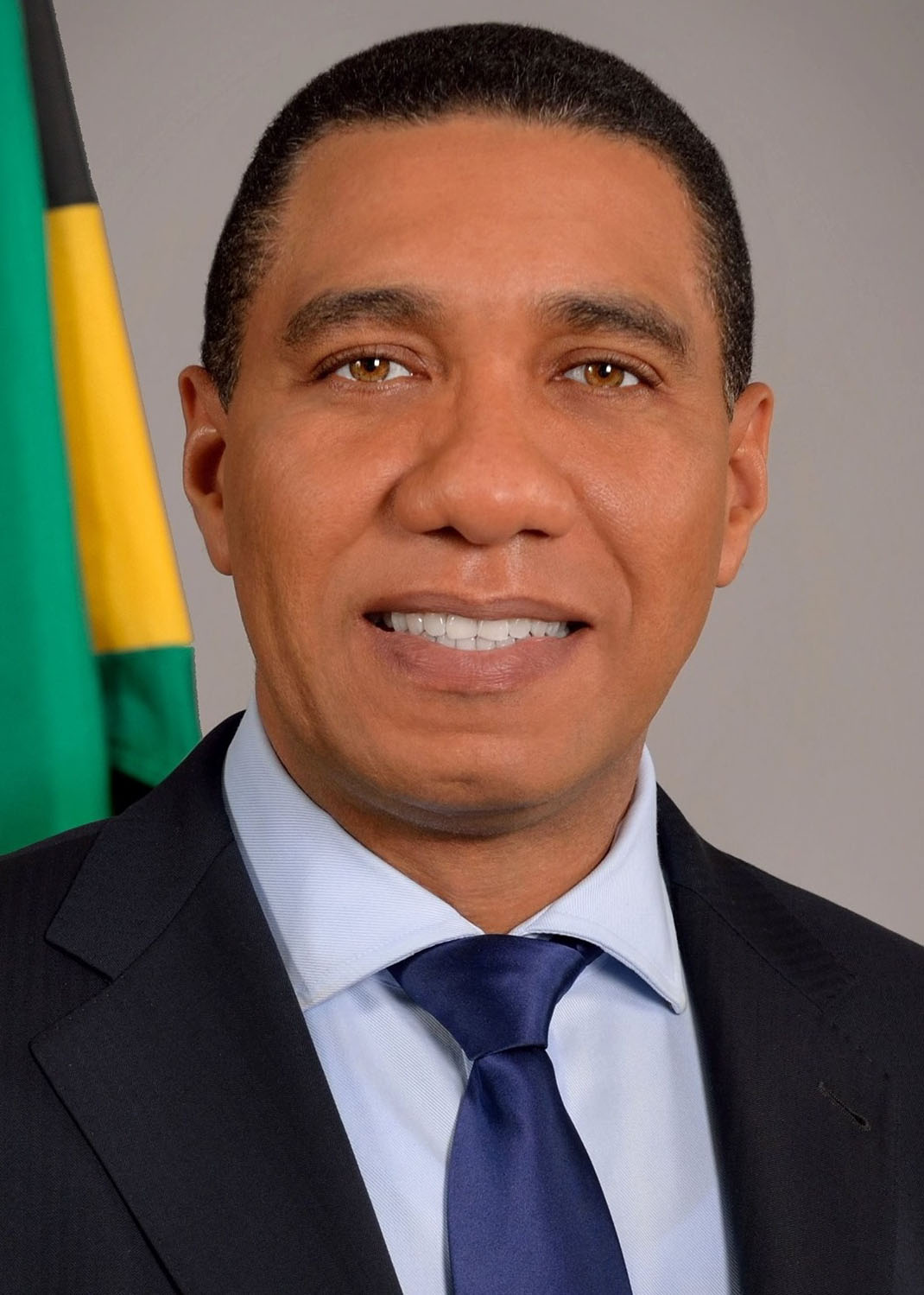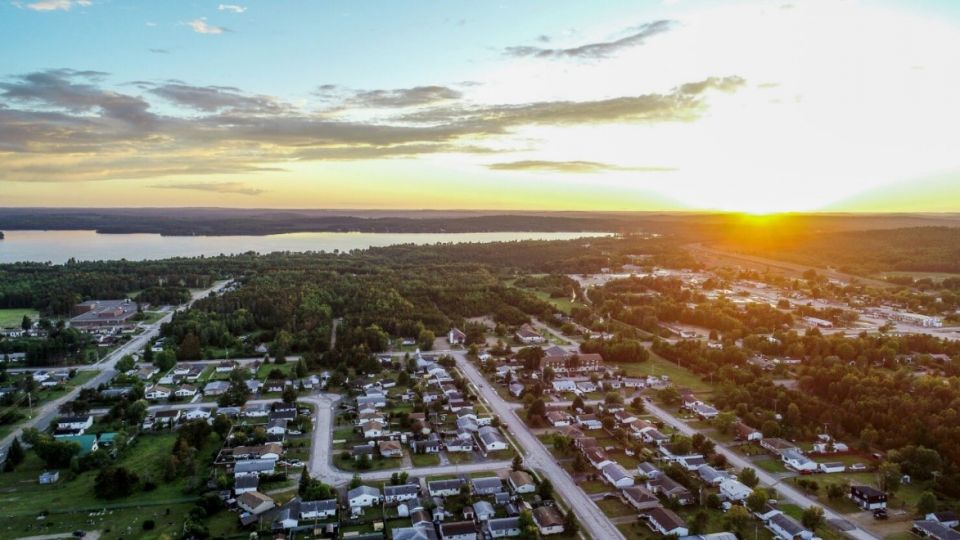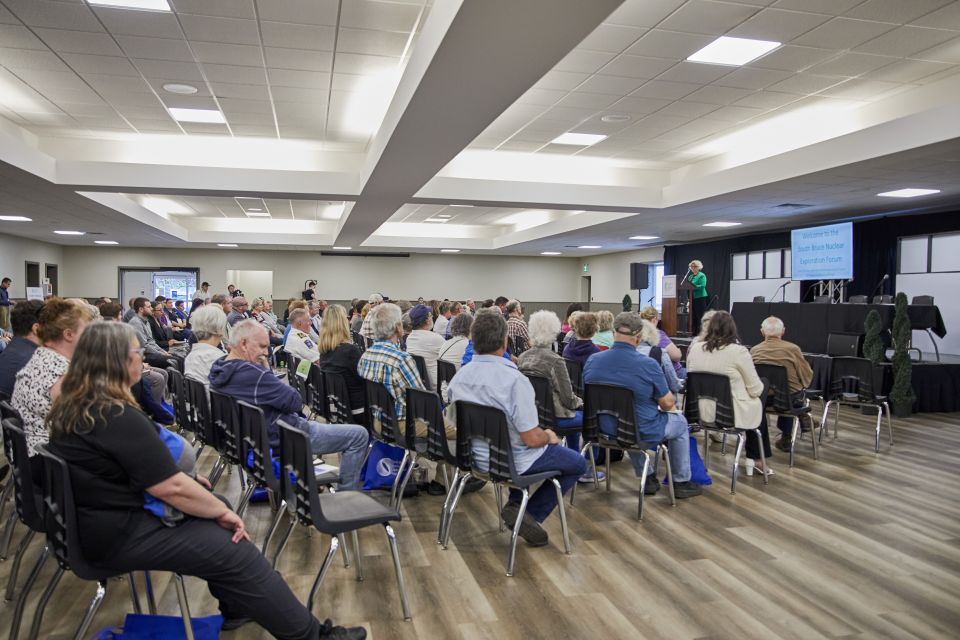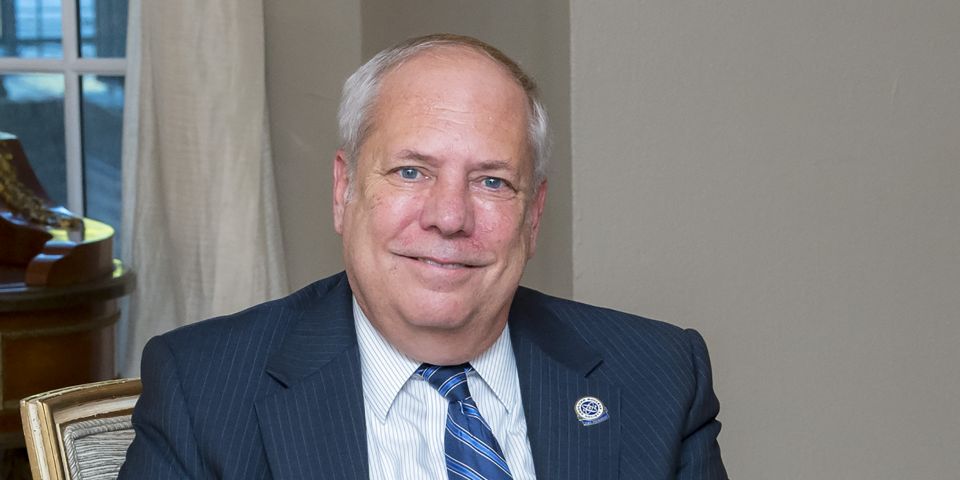The partnership: A key aspect of the collaboration will be the exchange of scientists, engineers, and other specialists between Jamaica and Canada, according to Daryl Vaz, minister of science, energy, telecommunications, and transport in Jamaica.
“[We will have] the sharing of knowledge, skills, and best practices, driving innovation in research, development, and practical applications," Vaz said. "Together we will build out a network of expertise that will benefit both Jamaica and Canada. Through organized seminars and meetings, we will ensure that our professionals remain at the forefront of nuclear technology and its peaceful applications.”
Discussions between Canadian and Jamaican officials started last year.
“This event is a testament of the strong and enduring relationship between our nations,” said Fred Demarkar, president and chief executive for Atomic Energy of Canada Limited.
Joining the global push: Holness pointed out the use of nuclear power in Canda and France, where the energy source accounts for 15 percent and 68 percent, respectively, of total national energy. He also applauded Canada’s high nuclear safety standards.
“These examples show that with proper regulation of the technology and the embrac[ing] of technological advancement, nuclear can be a game changer," he said. "In fact, today’s nuclear technology, especially small modular reactors, is far safer and more adaptable than it was in the past.”
Currently, 85 percent of Jamaica’s energy comes from fossil fuels, which Holness said leaves the country vulnerable to external shocks from fluctuating global oil and natural gas prices.
“We have already made great strides in diversifying our energy mix," he said. "We have done exceptionally well in integrating solar, wind, and natural gas and we do have some hydroelectric power, but there is far more to be done.”
Bit of history: Jamaica’s foray into nuclear technology actually began in 1984 with the establishment of the Caribbean’s first and only nuclear reactor at the University of the West Indies at Mona, with European Union support.
The facility is operated by the International Center for Environmental and Nuclear Science (ICENS), and Holness said it has been a beacon of nuclear research for four decades, advancing studies in agriculture, health, and environmental protection.
Technology: Holness said the country is particularly interested in SMRs, which offer enhanced safety features, reduced environmental impact, and can be a cost-effective solution for small countries like Jamaica.
Taking advantage of the technology, which is rapidly developing, will provide long-term benefits for Jamaica over time, he said.
“We know that safety is at the forefront of everyone’s minds when it comes to nuclear energy, and rightly so,” he said. “But I want to emphasize that nuclear energy today is not what it was even a decade ago. For modern nuclear reactors, particularly small modular nuclear, we know that some of the designs shut down automatically.”
Holness said that work will be undertaken with global experts to ensure that every aspect of nuclear energy, particularly waste management, is handled with the highest international standards.







